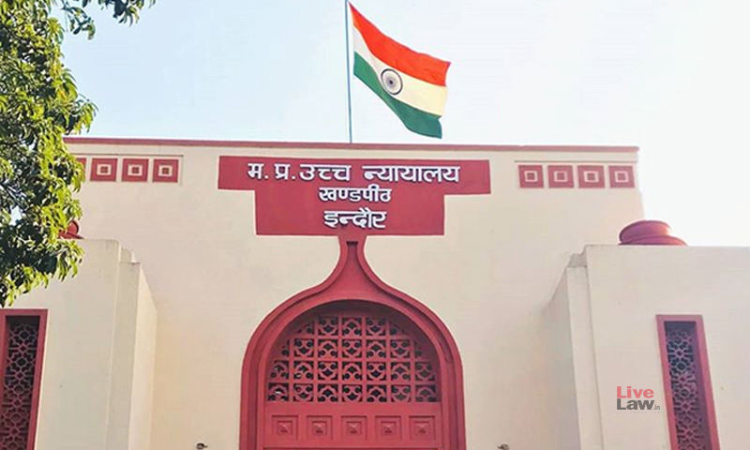Advance Ruling Can't Be Sought After The Receipt Of The Notice: Madhya Pradesh High Court
Mariya Paliwala
23 Jun 2022 3:45 PM IST

Next Story
23 Jun 2022 3:45 PM IST
The Madhya Pradesh High Court has ruled that the application under section 97 of the CGST Act for obtaining the advance ruling cannot be made before the Authority of Advance Ruling (AAR) during the pendency of the issue before the authority and after the receipt of the notice. The division bench of Justice Vivek Rusia and Justice Amar Nath has observed that the petitioner approached...
